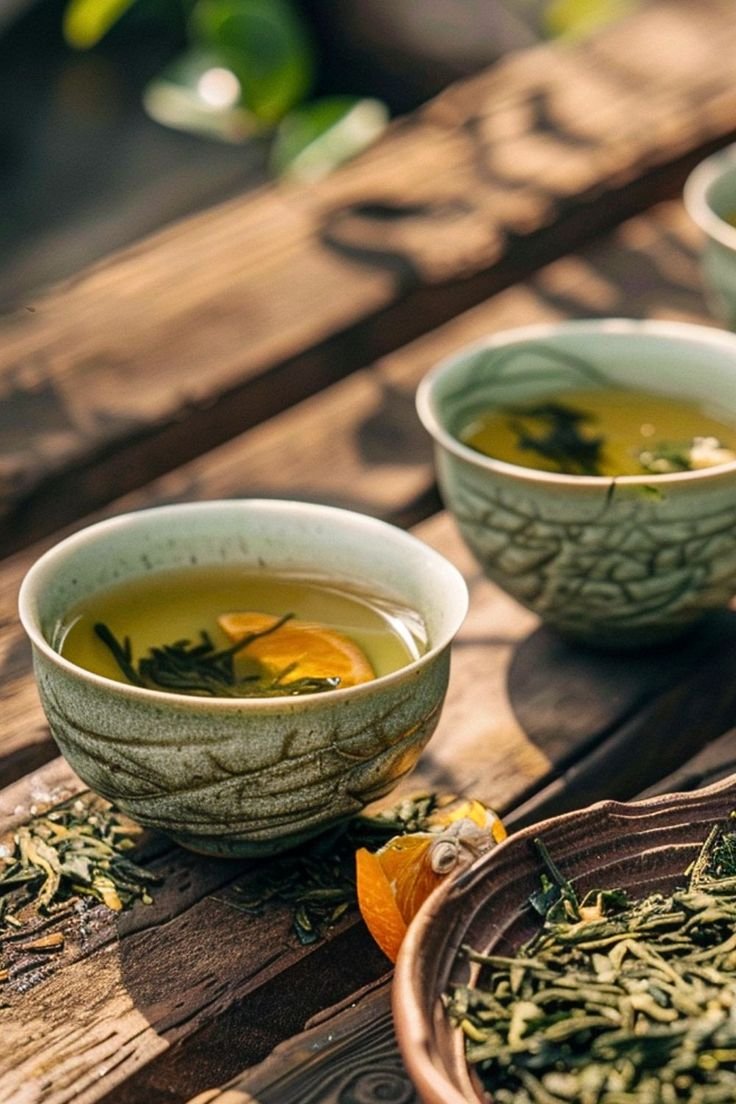The Role Of Mindfulness In Supporting Mental Health For Seniors
As we grow older, maintaining mental and emotional well-being becomes just as important as caring for our physical health. Many seniors face unique challenges such as loneliness, memory decline, and heightened anxiety. These issues can affect day-to-day happiness, relationships, and overall quality of life.
While support from family, friends, and healthcare providers is essential, personal strategies like mindfulness offer an additional layer of support. Mindfulness is a simple yet powerful tool that promotes calmness, focus, and emotional resilience. It doesn’t require any special equipment or prior experience—just a willingness to be present.
In this article, we’ll explore how mindfulness can be seamlessly integrated into daily routines to support mental health for seniors.
No. 1
Benefits of Daily Mindfulness Practice
Engaging in mindfulness each day can significantly reduce stress levels in older adults. By training the brain to remain in the present moment, mindfulness helps quiet racing thoughts and ease concerns about the past or future.
Over time, this practice enhances sleep quality and mental clarity. Seniors who incorporate mindfulness into their daily lives often report feeling more emotionally balanced and at peace. Even simple breathing exercises or moments of quiet reflection can make a noticeable difference.
No. 2
How Mindfulness Builds Emotional Strength
One of the key benefits of mindfulness is its ability to foster emotional awareness without immediate reaction. This means seniors can recognize emotional changes—such as sadness, frustration, or fear—before they escalate.
With this awareness, it becomes easier to respond thoughtfully rather than react impulsively. Over time, this leads to improved emotional regulation and a more positive outlook on life. Regular mindfulness practice strengthens the ability to manage difficult emotions and promotes emotional resilience.
No. 3
Improving Memory and Focus with Mindfulness
Mindfulness exercises often involve concentration and attention training, which can enhance memory and cognitive function. Seniors who practice mindfulness regularly tend to experience improved focus in daily tasks, such as remembering appointments or locating misplaced items.
This heightened awareness also improves communication, making conversations more engaging and meaningful. By slowing down the mind, mindfulness supports long-term brain health and helps maintain mental sharpness.
Headspace
Discover tools for peace of mind with Headspace. Tailored mindfulness and meditation tools designed to support individuals with dementia and Alzheimer’s, fostering calm, focus, and connection.
No. 4
Using Mindfulness to Improve Sleep
Sleep disturbances are common among older adults, but mindfulness can offer a natural solution. Practicing mindfulness before bedtime—through breathing exercises, body scans, or guided meditations—can help quiet the mind and prepare the body for rest.
This calming routine reduces nighttime anxiety and promotes deeper, more restorative sleep. Over time, consistent mindfulness practice can lead to improved sleep patterns and increased energy during the day.
No. 5
Mindfulness Tools That Fit Daily Routines
Incorporating mindfulness into daily life doesn’t have to be complicated. Small, intentional actions—like a few minutes of silence in the morning, mindful walking, or eating slowly with full attention—can have a big impact.
There are also user-friendly mindfulness tools for senior wellness. These tools help track progress, provide structure, and encourage consistency. When added to a daily routine, they make mindfulness easier to maintain and more rewarding over time.
No. 6
Creating a Peaceful Environment for Mindfulness
The environment plays a significant role in supporting mindfulness practice. A quiet, clutter-free space with soft lighting can help seniors focus and relax. Adding a comfortable chair, cushion, or soothing natural sounds can enhance the experience.
Minimizing distractions and creating a calm atmosphere encourages regular practice. A dedicated, peaceful space becomes a retreat—somewhere seniors can return to each day to recharge and reconnect with themselves.
No. 7
Mindfulness Supports Mental Health for Seniors
Mindfulness offers a wide range of mental health benefits for seniors. It strengthens emotional resilience, enhances memory and focus, and improves sleep quality. Best of all, it’s simple to learn and easy to incorporate into everyday routines.
A calm, present mind allows seniors to enjoy life more fully and connect more deeply with others. With consistent practice, the positive effects of mindfulness grow stronger, making it a valuable tool for healthy aging and emotional well-being.
Takeaways
Aging gracefully means nurturing the mind as much as the body. Mindfulness provides seniors with a gentle, accessible way to support their mental health, reduce stress, and build emotional strength. Whether practiced through breathing exercises, mindful movement, or quiet reflection, mindfulness empowers older adults to live with greater clarity, peace, and joy.
If you or a loved one is exploring ways to enhance mental wellness, mindfulness is a powerful place to start. Begin with small steps, stay consistent, and enjoy the journey toward a more mindful, fulfilling life.
Feel free to explore further—we’ve got more posts to support your wellness journey!
Looking for Wellness resources?
Are you looking to enhance your wellness routine? Explore our wellness partners who offer a wide range of resources to support your journey toward holistic living and well-being.































